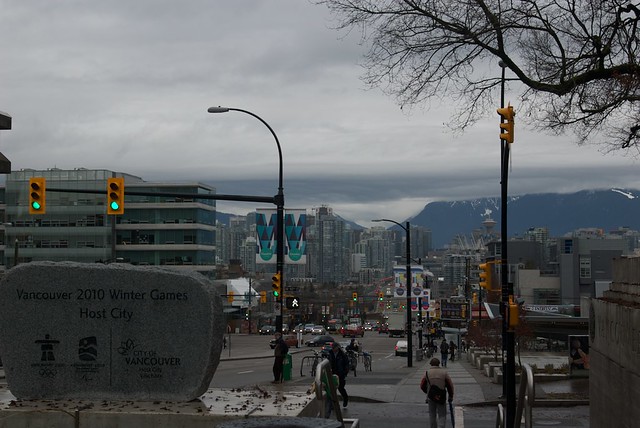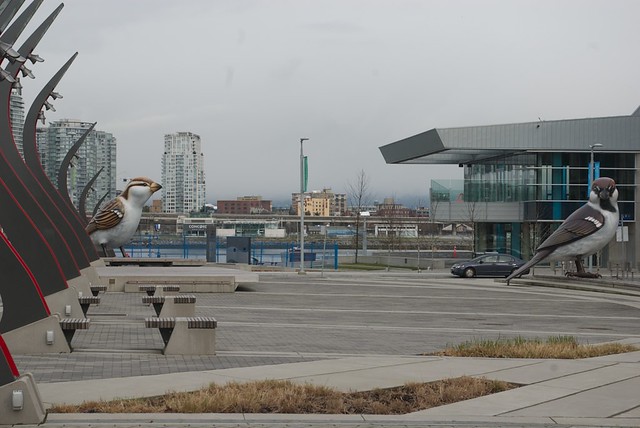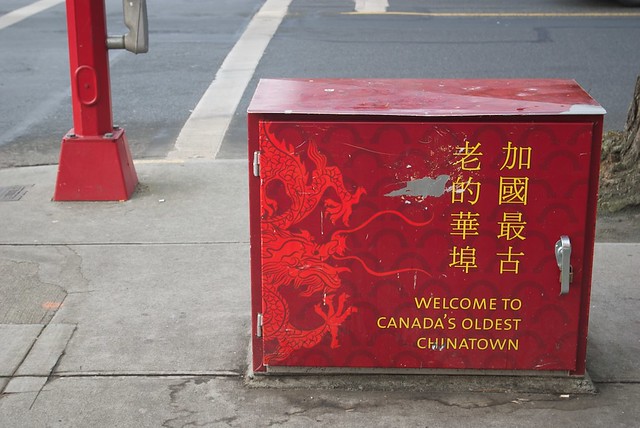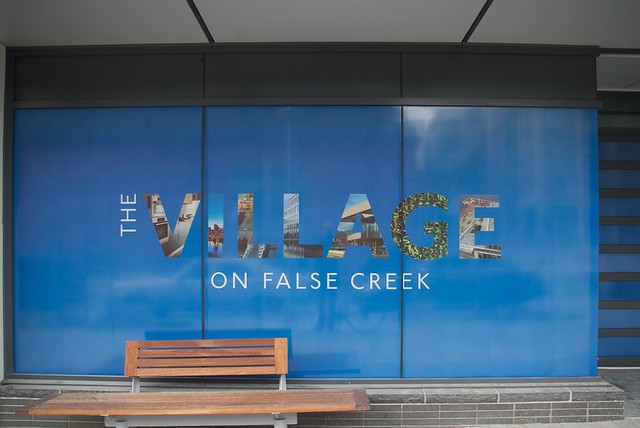Corporate developers are ‘betting’ that they can twist enough arms to transform Edgewater Casino into a mega-casino next to BC Place. But resistance has sprung up from across the political spectrum.
The proponents of the $500M project are: the pseudo-public BC Pavilion Corporation (PavCo), the BC Lottery Corporation (BCLC), and Las Vegas-based Paragon Gaming. In this bid, there is no distinction between State and corporate interests, much like when PavCo managed the $400M over-budget Convention Centre project. PavCo is today chaired by BC Liberal-appointee David Podmore, who is currently CEO of Concert Properties. Concert Properties, a major Vancouver development company, donated $8,000 to Vision Vancouver last election (see full list of donors here). Podmore is also the immediate previous Chair of Vancouver’s Urban Development Institute, the city’s leading gentrification think-tank and development lobby.
In early 2009, the Provincial government put out a request for proposal to lease the lands West of BC Place. Only two companies submitted proposals, the winner being Paragon’s mega-casino plan. In March 2009, T. Richard Turner, director of one of Paragon’s gaming entities and investor in Edgewater Casino, phoned BC Liberal tourism minister Kevin Krueger and told him that Paragon would only go forward with the mega-casino project if the government would build a new retractable roof on BC Place (see here and here). Note that while Mr. Turner was negotiating on behalf of Paragon, he was at the same time BC Liberal-appointed Chair of ICBC, as well as director of VANOC. He was also previously Chair of BCLC from 2001-2005.
After receiving the call from Turner, the Provincial government then decided to go forward with constructing a new retractable roof on BC Place for $450M. PavCo’s David Podmore is now managing the ongoing upgrade of BC Place, and has spent this week telling media that the project is on-time and on-budget. Of course, one could argue that the roof was always-already over-budget, since it is a monstrous useless waste of money.




